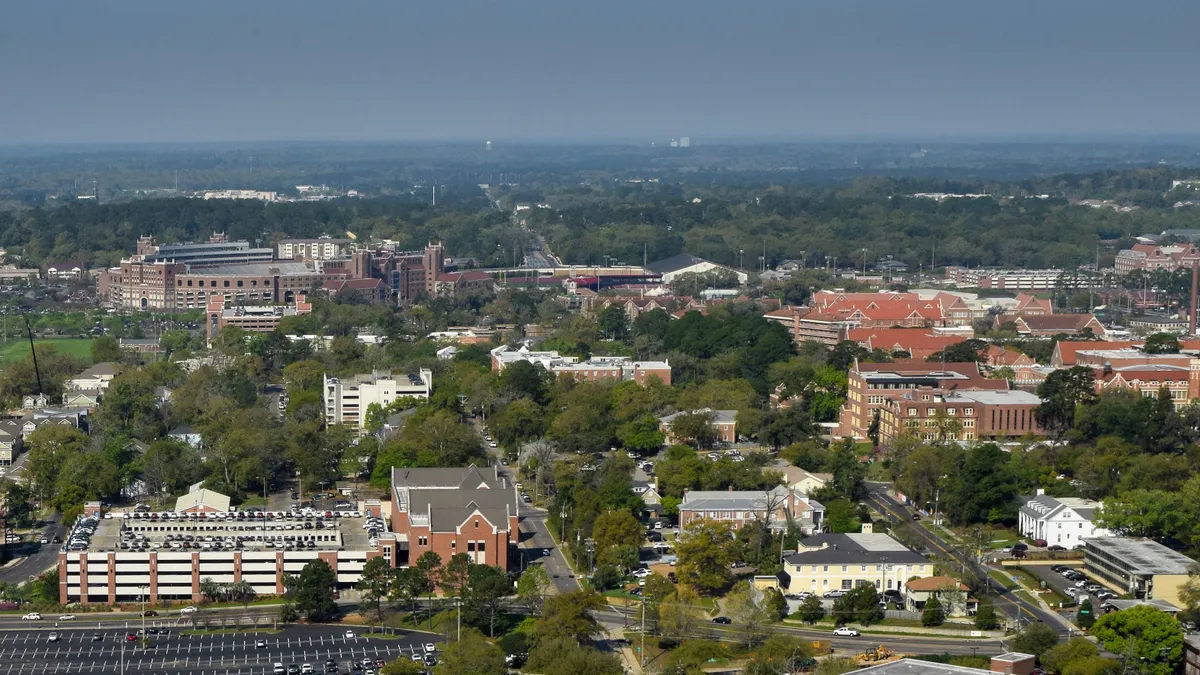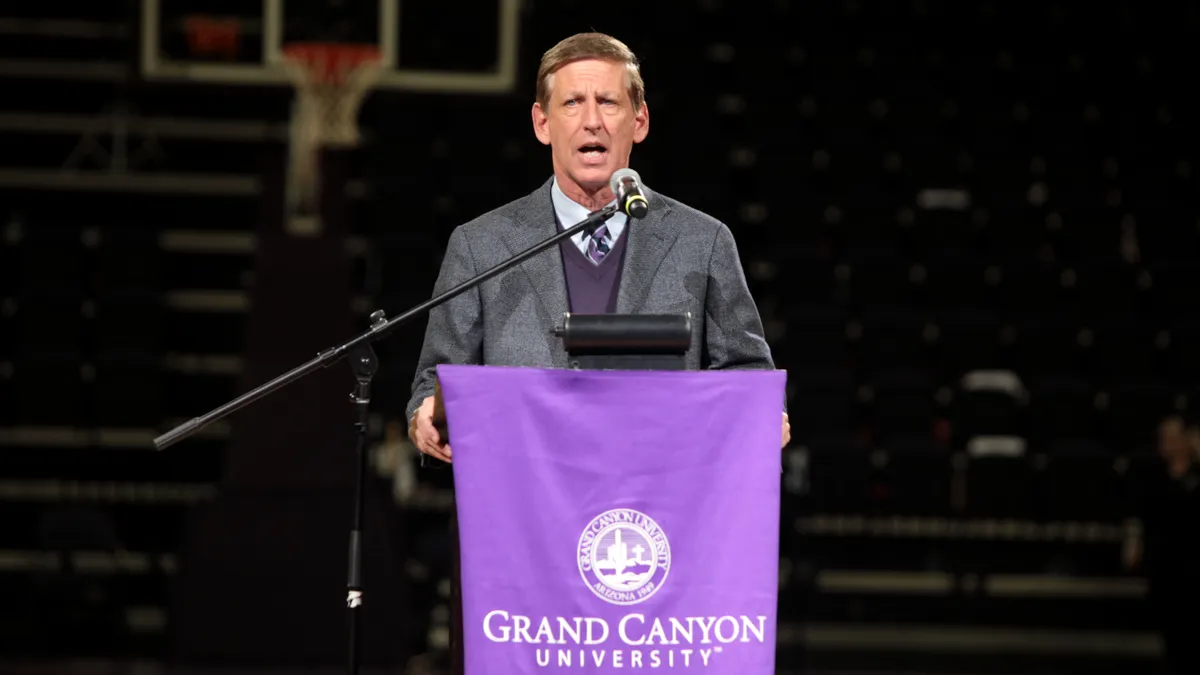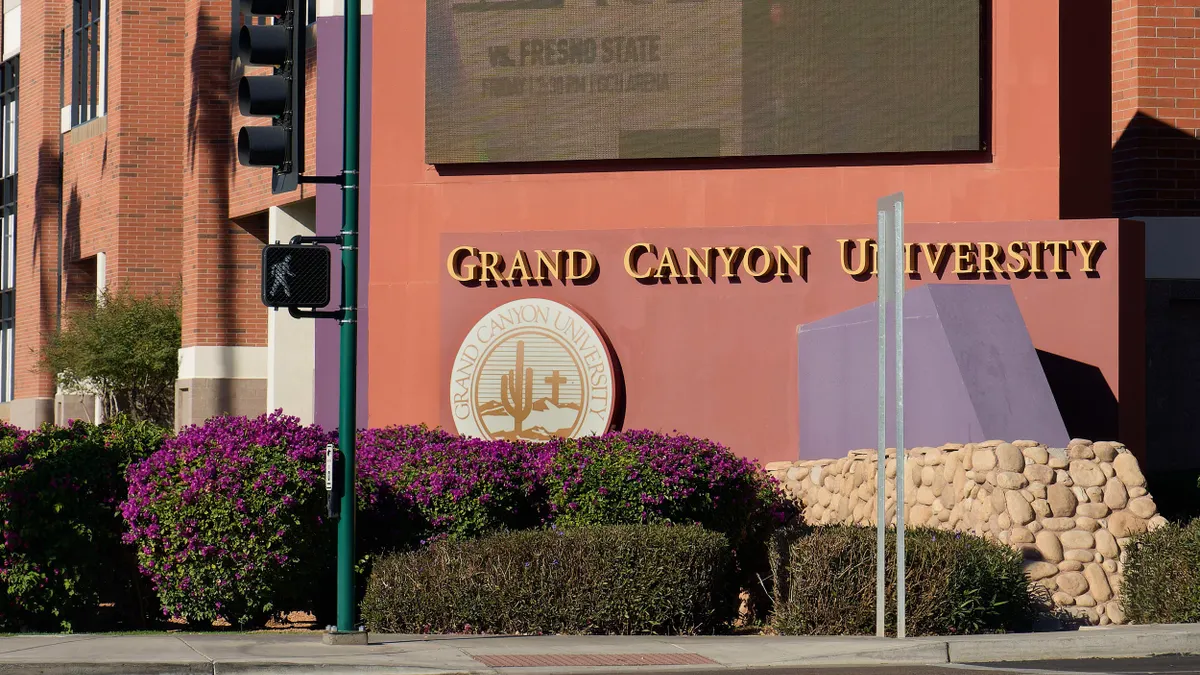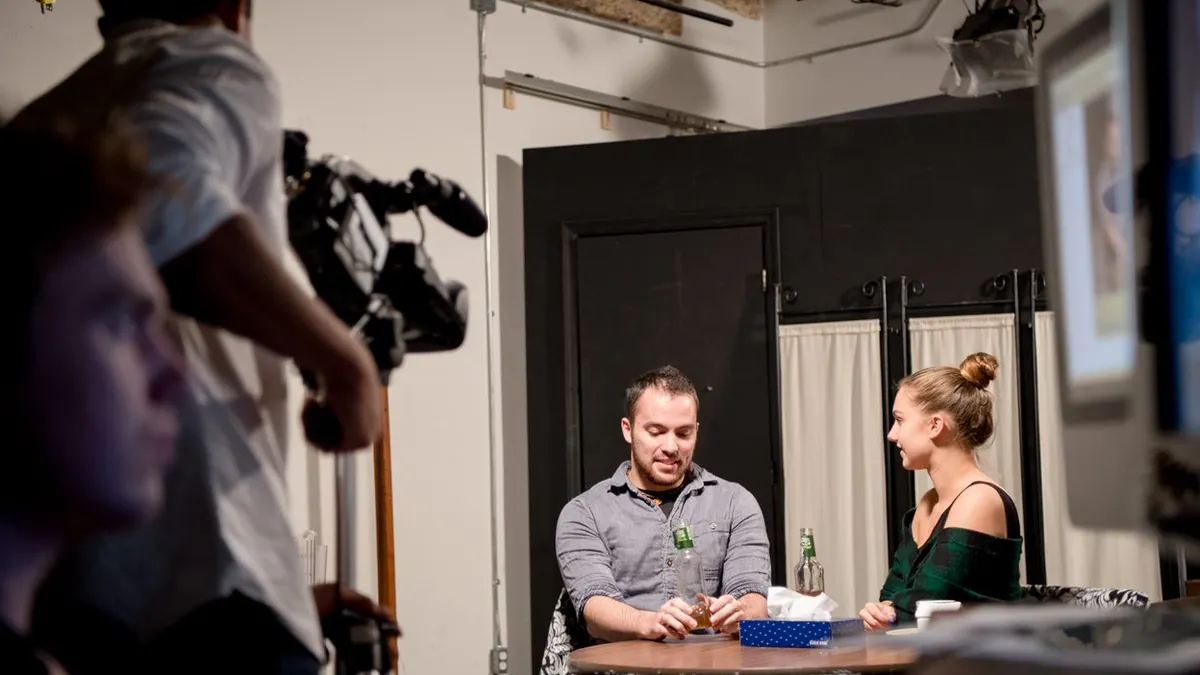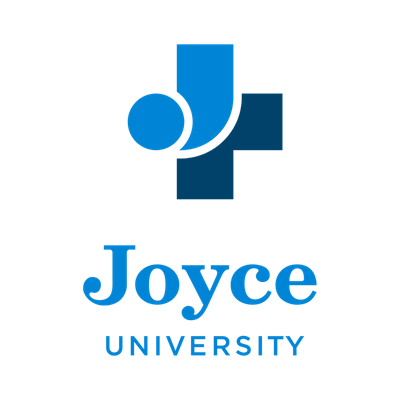Dream Center Education Holdings (DCEH) and its remaining assets, including several Art Institutes, face a "dire" cash shortage and lack funds to pay for operations and federal aid stipends to students, according to Mark Dottore, the court-appointed receiver managing DCEH assets.
Dottore told Education Department official Diane Auer Jones in a letter dated Feb. 7 that the DCEH entities only had $3.8 million left to fund necessary services after a Feb. 1 payroll payment. Dottore added that "the most critical need" was to pay $13 million in stipends owed to Argosy University students.
He asked Jones to waive restrictions on the university placed by the department under its Heightened Cash Monitoring 2 system and release $13 million of $21 million in available funds.
Meanwhile, students and the Ed Department have raised questions over why the trail of federal aid funds is proving so difficult to follow.
Some of DCEH's cash problems Dottore attributed to a deal, brokered with the help of the Ed Department, to transfer control of eight Art Institutes to a nonprofit that also included paid services from a for-profit educational services company. Dottore proposed to Jones to "settle with or unwind" the deal with the latter company, Studio Enterprise Manager.
The letter was attached to a court filing by four students represented by the National Student Legal Defense Network asking the court to schedule an emergency hearing to solve the mystery of missing student aid disbursements. (The same students last year filed a class action lawsuit against DCEH over allegations it misled them on accreditation at Art Institutes in Illinois.)
The surfacing of Dottore's letter follows news reports that many students have yet to receive $9 million in Title IV funds that Argosy owed them. In their intervention request, representatives for the four Art Institute students wrote that the letter "does not explain what happened to the missing student funds and raises numerous additional questions regarding the whereabouts of the Receivership assets."
Indeed, the situation within DCEH's remaining schools — which Dottore is trying to sell in receivership, talking with eight possible buyers, he said — grows increasingly confused. Plans to close the Art Institutes of Pittsburgh and Las Vegas by the end of March surfaced recently, but Dottore told Education Dive last week those plans were filed before he took over. He has scrapped them as he searches for buyers for DCEH's remaining campuses.
Lost money
Meanwhile, the already-hazy details of the organization's deal in January to offload some Art Institutes appear even more convoluted in light of Dottore's letter.
According to receipts compiled by Dottore, the Ed Department advanced nearly $51 million in Title IV funds to DCEH schools, including Argosy, South University and the Art Institutes, between Jan. 1 and Feb. 4. But by the time he seized the organization's cash accounts, only $5.5 million was left ahead of a large payroll payment. (Dottore was appointed receiver on Jan. 18.)
Dottore blamed DCEH's move to offload the schools as separate, independent nonprofits. He said they "were really not separate entities for purposes of their non-academic operational management." Instead, the agreement called for the schools to buy services from Studio Enterprise Manager, but Dottore said Studio "was not equipped" to provide those services.
That left DCEH "ultimately responsible" for operating the schools, according to Dottore, who said Studio collected fees off federal money provided to DCEH. On top of that, Studio owes DCEH $6 million for services Studio provided to the schools, money which Dottore said "may never be paid short of legal action."
Further complicating the financial picture, Dottore said "investors" were supposed to inject $10 million to ensure DCEH paid for the schools' operations. However, he couldn't locate any such cash investment and didn't know who exactly the investors were. "If any investor cash was contributed, it was consumed by administrative expenses, legal fees and/or Studio management fees," he wrote.
'This must be done'
Along with wanting to unwind the deal with Studio, Dottore told Jones he plans to recover fees paid out to Studio.
Dottore told the Arizona Republic in an article published Feb. 8 that he was still trying to figure out what happened to federal aid money owed to Argosy students. "We're still trying to determine whose fault it is," he said. "All I know is, I haven't been here long enough for it to be mine."
But an email from Jones to a state regulator, obtained by the Arizona Republic through a records request, painted a different picture. "I have had daily calls with the receiver, but as of last night he hadn't released the stipends," Jones wrote to the Minnesota official on Feb. 6. "We have emphasized to him that this must be done, but we are also consulting with our legal team to figure out what next steps we can take legally if it doesn't happen."
In its filing, the National Student Legal Defense Network said Dottore should know where money is. The Ed Department, it said, requires schools to establish clearly identifiable depository accounts for federal aid funds.
"Accordingly," they wrote, "with proper information from the Receiver, the Court should be able to identify the accounts established by the schools to receive funds from the Department of Education, confirm that such accounts were funded by the Department, and determine when and to whom the funds in such accounts were distributed."





